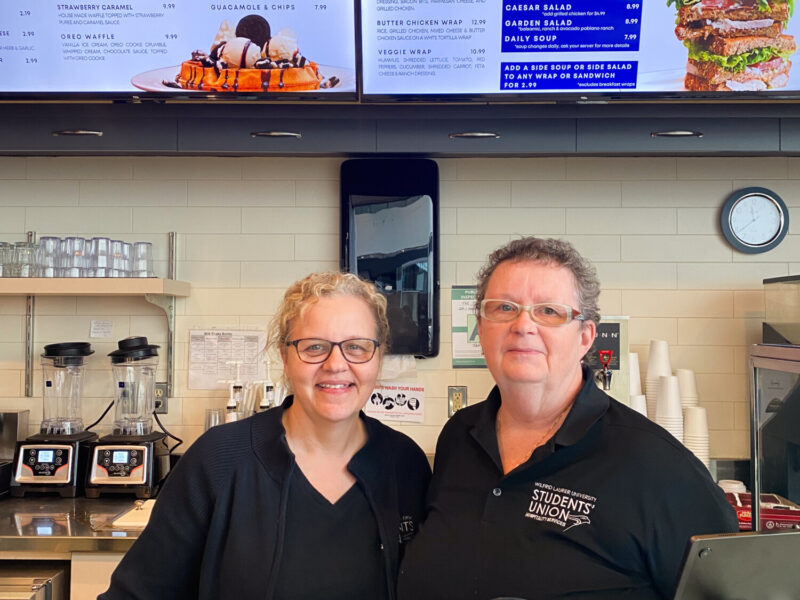An artistic endeavor to raise awareness for missing and murdered Aboriginal women has taken root in the Brantford Community.
The Faceless Dolls Project is an endeavor created by the Native Women’s Association of Canada (NWAC). The project uses handcrafted, colourful, feltdolls to create a visual and physical representation of the thousand missing and murdered aboriginal women in Canada. According to the NWAC website, the faceless dolls are a reminder of the “Aboriginal women who have become ‘faceless’ victims of crime.”
In solidarity with NWAC’s efforts, community advocates have brought the project to Brantford, in hopes to create a local, travelling art exhibit, which will be used to inspire discussion and healing.
According to the RCMP document, ‘Murdered and Missing Aboriginal Women: A National Operational Overview’, published earlier this year, there are 1,181-recorded cases of missing and murdered Aboriginal women in Canada, 225 of these cases are unsolved.
Sherry Lewis the Community Support Program Manager at Brantford’s Native Housing calls the government’s lack of action towards a national inquiry into missing and murdered Aboriginal women in Canada, “baffling.”
Through the Faceless Dolls Project, Brantford Native Housing, The Aboriginal Health Centre, Laurier-Brantford and the Sexual Assault Centre of Brant, hope to bring a new spotlight to the issues surrounding violence against Aboriginal women, and want to use the project as a catalyst to open discussion with local decision makers and leaders. “These are creative women coming together, and we’re saying, ‘we need to push this forward.’” says Lewis, “We certainly support the idea of a national inquiry, something desperate is going on here in this country.”
The murder of 15-year-old Tina Fontaine, whose remains were recovered from Winnipeg’s Red River on August 17, has resulted in resurgence in the public push towards a national inquiry into missing and murdered Aboriginal women in Canada.
On Thursday, during a visit to Whitehorse, Prime Minister Stephen Harper dismissed therenewed push for a national inquiry, extending his sympathies to Fontaine’s family, also stating, “We should not view this as sociological phenomenon, we should view it as crime. It is crime against innocent people, and it needs to be addressed as such.”



